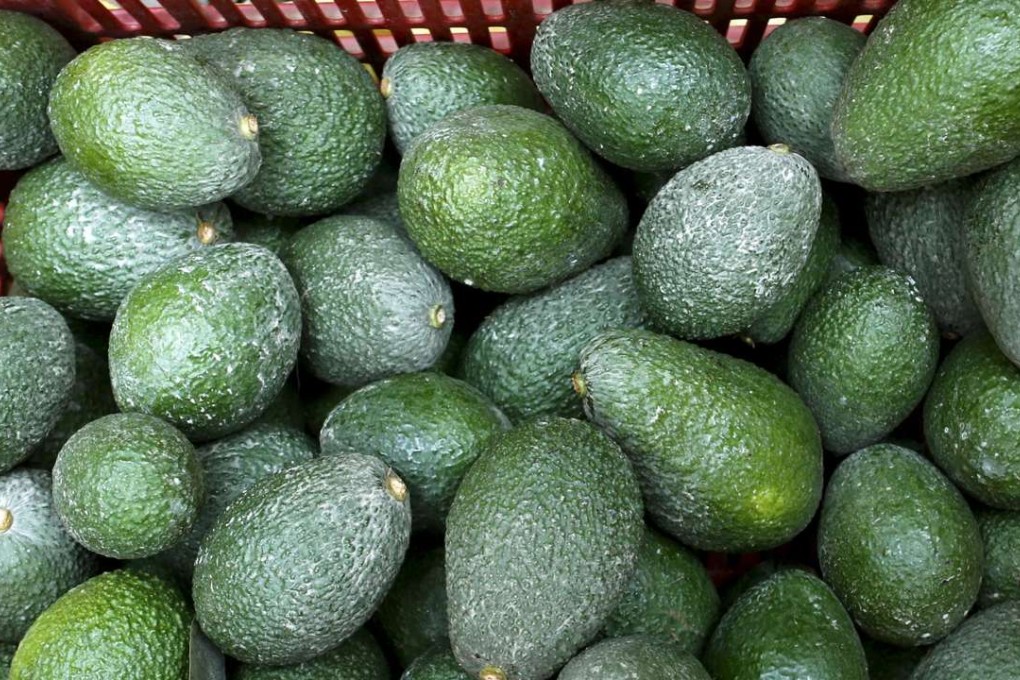Could copper be the new fat burner? The foods you should eat to get your daily dose
It’s one of the essential dietary minerals, vital to healthy bones, preventing anaemia and energy production. Now a clinical study shows copper also plays an integral role in the metabolism of fat

Copper’s antibacterial properties make it much sought after in preventing the spread of bacteria, and the trace mineral is pivotal in the formation of red blood cells and maintaining cholesterol balance.
As if that weren’t enough, copper just got an extra burnish with a recent study by scientists from the US Department of Energy’s Lawrence Berkeley National Laboratory (Berkeley Lab) and the University of California, Berkeley, who found that copper plays an integral role in metabolising fat.
Lead researcher Chris Chang said: “We find that copper in the diet is essential for breaking down fat cells so that they can be used for energy. It acts as a regulator. The more copper there is, the more the fat is broken down. We think it would be worthwhile to study whether a deficiency in this nutrient could be linked to obesity and obesity-related diseases.”

Copper also plays a crucial role in maintaining healthy bones and preventing osteoporosis and osteopenia (low bone density). Connective tissue formation relies on copper, and our bones rely on connective tissues. Copper is also one of three minerals, along with manganese and zinc, that make up an extremely important antioxidant enzyme called superoxide dismutase – a key player in repairing cells and saving bones from oxidative damage. Superoxide dismutase also protects mitochondria, the “powerhouse” that generates the energy that our cells need to do their jobs.
According to Anna Foley, nutritionist at Nutrition Nation, copper is required to manufacture collagen, a major structural protein in the body. It’s needed to incorporate iron into red blood cells, thus preventing anaemia and is involved with the generation of energy from carbohydrates inside cells.